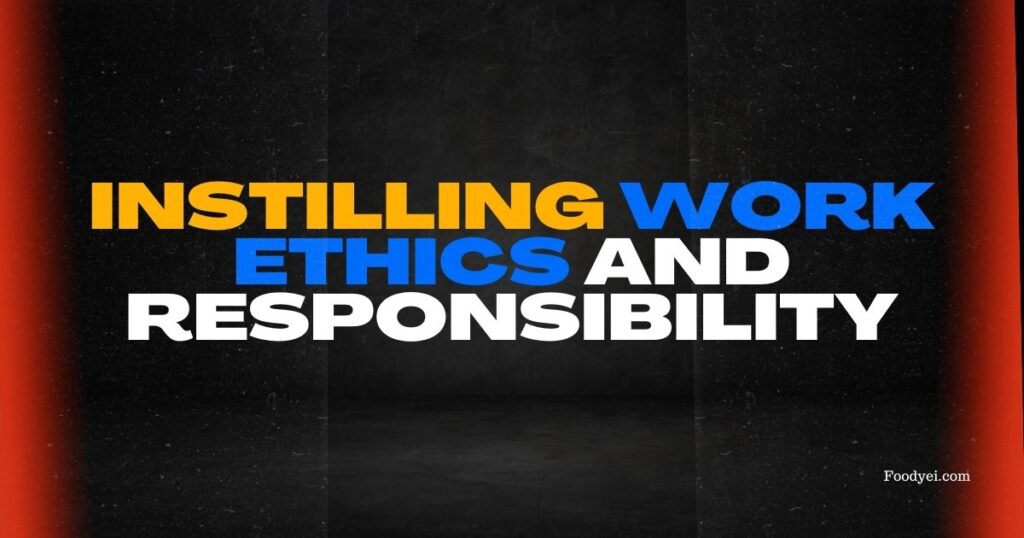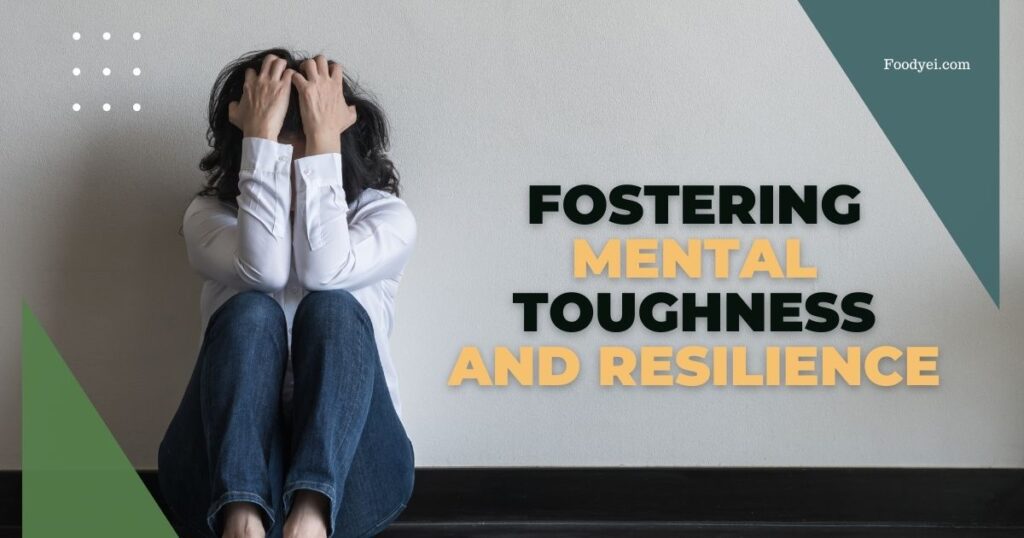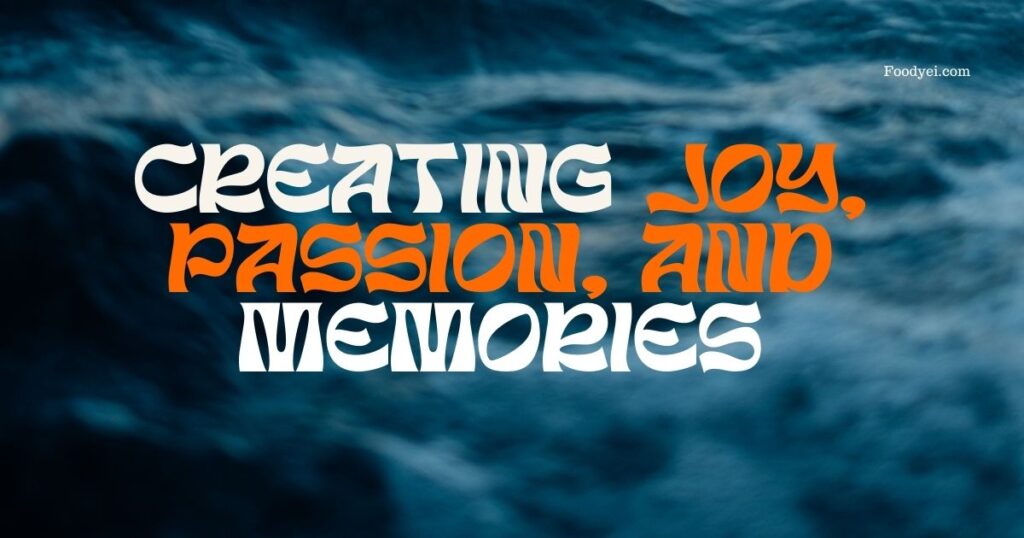Sports in Education have the power to positively shape young lives far beyond the field or court. Lessons in teamwork, ethic, confidence, resilience, inclusion, and more build character invaluable later in life. This article examines the multifaceted developmental benefits of sports in education participation for youth and how families, educators, and coaches can maximize the life-long impact. Sports develop more than just athletic ability – they cultivate citizens.
Teaching Teamwork and Cooperation
Participating in team sports provides invaluable lessons in working collectively toward shared goals and overcoming challenges through collaboration and trust:
- Players must learn to subordinate personal goals like statistics for the greater success of the team collectively. “We over me.”
- Trusting teammates to play their individual roles and being reliable in your role is critical. Teams function through interconnected reliance.
- Working through diversity within a team builds empathy, adaptability, and perspective as players bond over common goals despite differences.
- Earning playing time and opportunities is achieved through positive contributions toward the team’s overall progress.
- Peer accountability teaches young athletes interdependence. Letting the team down requires making amends.
Practical teamwork skills developed in fields directly translate into future educational, business, and relationship pursuits. Sports uniquely provide this teambuilding experience.
Instilling Work Ethics and Responsibility
Participating in competitive sports demands consistent hard work and discipline to improve skills through deliberate practice and repetition:

- Attending all team practices, training sessions, and film study requires personal responsibility and time management. Skipping hurts all.
- Diligently focusing during coaching instruction and on-field lessons to intently absorb feedback for application in game situations. Leave distractions aside.
- Dedicating additional hours outside of team activities to self-directed refinement of skills, strength, and fundamentals. True progress requires individual initiative.
- Rigorously studying games and practice films builds a deeper understanding of tactics and one’s own mechanics that need sharpening. Be a student.
- Embracing tough critique instead of resisting it in order to implement changes. Critique evokes growth in abilities and maturity.
Sports provide a microcosm illustrating to youth how dedicated application leads to exponential growth. This work ethic pays dividends in future endeavors.
Developing Time Management Abilities
Juggling the significant demands of sports participation along with school or job obligations requires developing sharp organizational skills and time management:
- Careful scheduling, planning, and calendaring to balance priorities and obligations. Tight coordination minimizes conflicts.
- Closely prioritizing assignments and tasks enables proactively focusing energies where needed most. Saying no.
- Establishing efficient routines around things like hydration, nutrition, sleep, and sports rehab allows maxing time.
- Occasionally needing to say no to some social and entertainment options due to sports time commitments. Active balancing.
- Making the most of small windows of time by doing quick study sessions, visualization drills, or speed training. Be opportunistic.
The real-world time management abilities honed by navigating sports and life demands provide lasting advantages in college and careers. These skills aid success.
Fostering Mental Toughness and Resilience
Pushing through sporting setbacks and adversities develops grit, mental stamina, and resilience valuable throughout life:

- Bouncing back from mistakes, challenges, losses, and even injuries requires tuning out a doubt to regroup. Post-adversity response is decisive.
- Processing and coping with criticism, skepticism, and negativity around athletic performance or potential builds confidence to persevere.
- Pushing past discomfort, physical exertion, fatigue, and pain to keep competing demonstrates one can exceed perceived limits.
- Repeated exposure to high-stakes pressure situations like playoffs and championships reinforces poise and levelheadedness.
- Trusting preparation and abilities rather than getting rattled instills calm to achieve peak performance when the stakes are highest.
Sports uniquely provide opportunities to overcome hardship through perseverance. This serves youth well in responding to life’s inevitable hurdles.
Creating Diverse Bonds and Perspectives
Participating in sports teams composed of diverse peers expands perspective and fosters rich relationships beyond initial social barriers:
- Interacting closely with teammates from varied backgrounds, cultures, faiths, and socioeconomic status bridges divides through humanization.
- Directly addressing and working through interpersonal conflicts and disagreements builds understanding. Valuing differences.
- Collaborating daily in pursuit of shared team goals and success regardless of differences creates mutual reliance and care.
- Bonds formed help overcome harmful stereotypes and labels through actual relationships and shared identity as teammates.
- Achieving unifying goals through cooperative sports participation regardless of any differences reinforces humanity’s commonality.
Sports teammates form bonds stretching across demographics and circumstances unavailable elsewhere. This empathy and broadened perspective pays dividends in future community building.
Promoting Communication and Listening
Communicating and listening are intertwined skills sports hone through tense competitive environments:

- Both reception and application of coaching directives in real time require focused listening followed by responsive implementation.
- Quickly adapting on-field play based on communication and input from teammates demands attentive listening and nonverbal communication.
- Offering constructive feedback and suggestions to peers respectfully requires carefully considering tone and wording to avoid conflict. Master phrasing.
- Managing disagreement and dissent over sports strategy without escalating tensions or undermining team unity necessitates compromise.
- Unifying behind group decisions even when personally disagreeing enables cohesive action. Voice must yield to the greater good.
Navigating high-emotion sports dialogues accelerates proficiency in active listening, thoughtful speaking, and conflict resolution – critical life skills.
Providing Confidence and Self-Esteem
Progressing in an athletic domain introduces youths to the fruits and fulfillment of a diligent work ethic and provides a substantial self-esteem boost:
- Experiencing firsthand that dedicated training and hard work lead to tangible improvement and new capabilities builds motivational confidence.
- Learning to overcome intimidation when initially introduced to a highly competitive environment lays future foundations for courage.
- Earning any contributions toward team victories satisfies a universal human need for meaning and actualized potential. Being impactful feeds self-worth.
- Receiving well-deserved praise, recognition, and external reinforcement for athletic growth stimulates pride.
- Developing skills to prove oneself athletically against doubts and naysayers transfers into confidence to take on future challenges.
Fulfillment stemming from progressing in competitive sports transfers into broader confidence to pursue bold goals in other domains. Sports build boldness.
Creating Joy, Passion, and Memories
Team sports participation facilitates profoundly meaningful shared experiences, camaraderie, and memories that last a lifetime:
- Fostering extended social connections and relationships that otherwise may never have formed absent shared team identity and experiences.
- Embedding participants deeply into the fabric of school culture by providing an energizing communal activity and spirit.
- Building natural locker room rapport, inside jokes, and lifelong memories through daily shared sacrifice and triumph.
- Supplying a spirited team identity full of traditions, pride, and belonging. Supporting individual growth together.
- Forging bonds through the common history of past seasons and key moments etched into participants’ hearts. Reunions rekindle nostalgia.

The shared joy and fulfillment generated through sports involvement create lifelong memories and invaluable life treasures.
Expanding Leadership Practice
Captains and veteran players modeling leadership provides a template for younger athletes to absorb critical lessons:
- Mentoring, supporting, and encouraging struggling teammates on and off the field rather than just criticizing. Empathy and care.
- Taking ownership of consistently sustaining team energy, morale, mental focus, and effort. Keeping the pulse.
- Liaising as a conduit between the coaching staff and players. Building mutual understanding and counseling both sides.
- Demonstrating desired relentless work ethic and diligent practice habits for others to witness, appreciate, and replicate firsthand. Lead by example.
- Allowing younger peers athletic outlets to emulate your lead and follow in your footsteps. Set the standard and tone by your visible example.
Observing respected team leaders in action teaches underclassmen leadership concepts not easily gleaned elsewhere. This builds leadership pipelines.
Conclusion
Sports profoundly empower participants to realize their potential and purpose. Lessons in commitment, community, growth, and achievement through athletics translate powerfully into future life endeavors. Families, schools, and coaches who leverage sports thoughtfully gain amplifying opportunities to develop capable citizens. Investing in sports means investing in youth.
Frequently Asked Question About Power of Sports in Education
How can coaches build character lessons into practices beyond just focusing on skills and strategy?
Allot time for conceptual discussions on themes like work ethic, communication, and leadership using sports examples. Highlight values being reflected.
What role should parents play in reinforcing developmental lessons learned through sports?
Ask probing questions about experiences and observations. Highlight lessons at home. Share perspective. The model balance between sports and life.
How can schools integrate sports values education into broader curriculum and activities?
Structured character development programs, scholar-athlete awards, virtual sports simulations as teaching tools in classrooms, and credit for sports participation.
What are signs that sports participation is leading to negative effects like stress rather than positive growth?
Withdrawing from social activities, physical symptoms, acting out, obsession about results, fear of failure, avoiding team events, declining academics, and burning out.
How should coaches adapt their approach when building character in youth compared to high-level competitive teams?
Focus on effort and development over results. Provide more rotations. Emphasize fun and camaraderie. Reduce pressure. Teach life philosophy.
What are healthy awards or recognition for schools and leagues to emphasize beyond just MVPs and championships?
Sportsmanship, citizenship, courage, dedication, most improved, team spirit, scholarship, and values awards.




